HotSpots H2O, May 13: Eleven Killed in Kenya Water Quarrel
Marsabit-Moyale Road, Kenya. Photo courtesy of Wikimedia Creative Commons.
A clash over water left eleven people dead and two injured in Marsabit County, Kenya, last week. The deaths are the latest in a string of water-related violence in the eastern African country in recent years.
Officials say the incident began when suspected Ethiopian bandits ambushed pastoralists in the village of Ulan, which sits near the Kenya-Ethiopia border. Fighting broke out just as local leaders were preparing to meet for peace talks to settle ongoing quarrels over pasture and water in the region.
Clashes between farmers and pastoralists are common throughout Kenya, and often have ties to water. Resource-related violence left several Kenyans dead in 2018.
So far this year, rainfall in Kenya has been below-average, raising the potential of more fighting.
Kenya’s meteorological department also issued a recent bulletin warning that conflicts between humans and animals is likely to increase until steady rainfall arrives. These conflicts occur when elephants, zebras, lions and other animals destroy crops or livestock while they search for water or pasture.
The Kenya Wildlife Service named nine areas where human-wildlife incidents are already a problem. The agency says it will provide water and supplemental feedings in certain areas to help prevent conflict.
Oil and Water
Another source of water-related contention is unfolding in Kenya’s Turkana County. The Tullow Oil company plans to begin operation of several wells in the South Lokichar area. The process will require large amounts of water to pressurize the wells.
Tullow Oil and the Turkana government are still negotiating the water source that will be used for oil operations. Regardless of the outcome, the decision will be controversial. Many residents fear that water use will strain Turkana’s already-limited resources. In some areas near the wells, locals must walk several kilometers to fetch clean drinking water.
“We are using a lot of water in a region that is water scarce. We know that water from the Turkwel Dam is being used to undertake oil operations. On average, four barrels of water are used in the production of one barrel of oil. We are not at the level of (commercial oil) production and we are struggling with water,” says Ikal Angelei, executive director and founder of Friends of Lake Turkana (FoLT). Angelei notes that large amount of water have already been used in testing the wells.
“How do you tell communities that we are lacking water but the commodity is going to be used for oil production and yet they do not have water for drinking or for their animals?” Angelei asks.
Water source negotiations will likely be completed by the second or third quarter of this year.
Kayla Ritter is a recent graduate of Michigan State University, where she studied International Relations and Teaching English to Speakers of Other Languages. She is currently based in Manton, Michigan. Kayla enjoys running, writing, and traveling. Contact Kayla Ritter

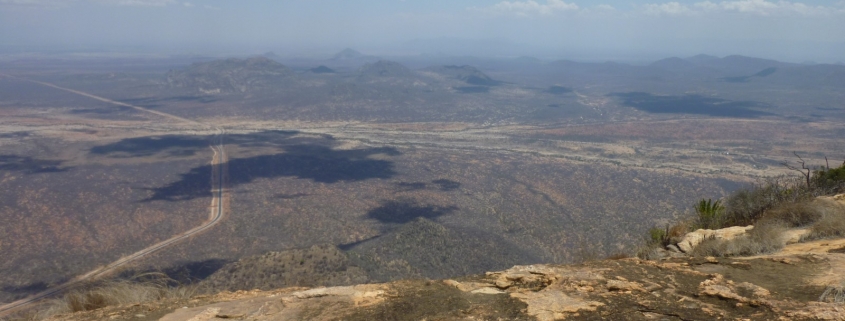
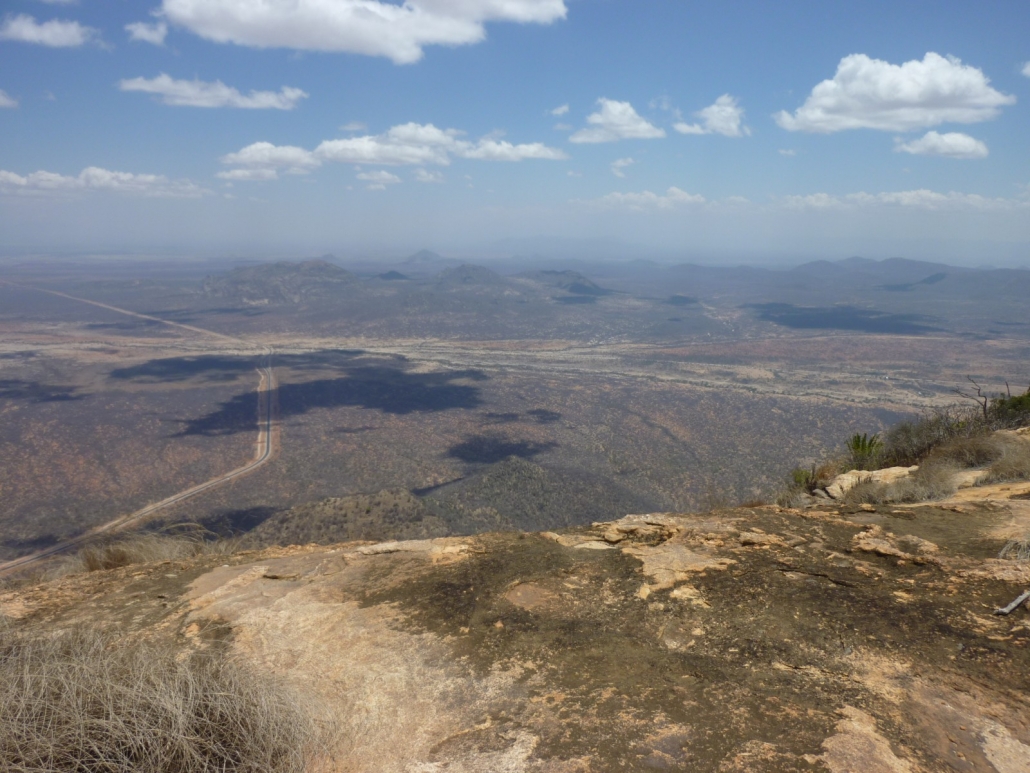

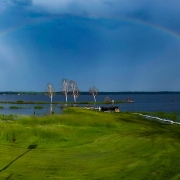
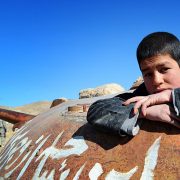
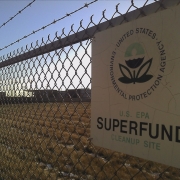
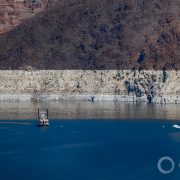
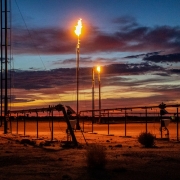
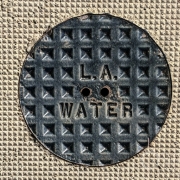




Leave a Reply
Want to join the discussion?Feel free to contribute!